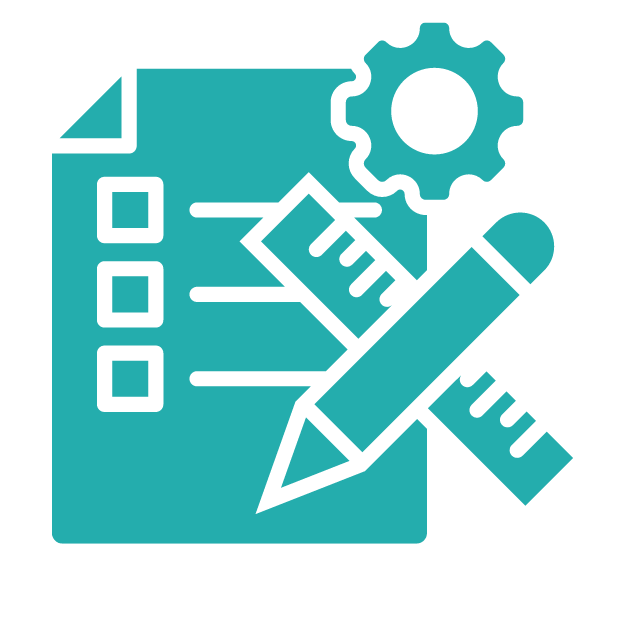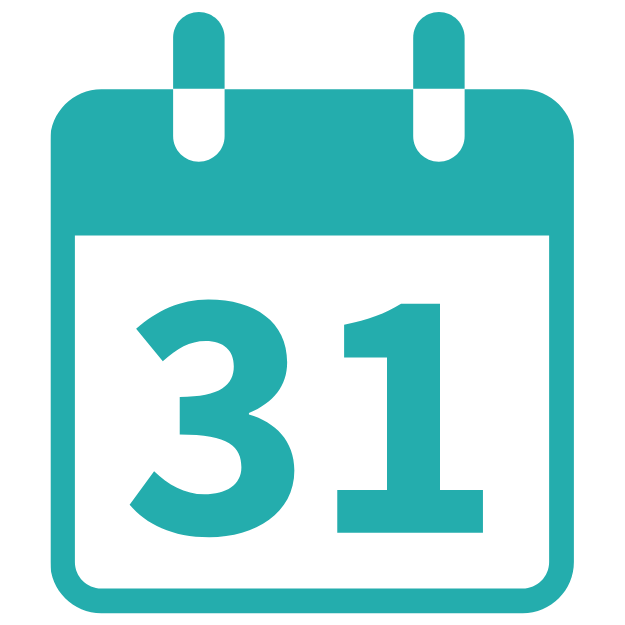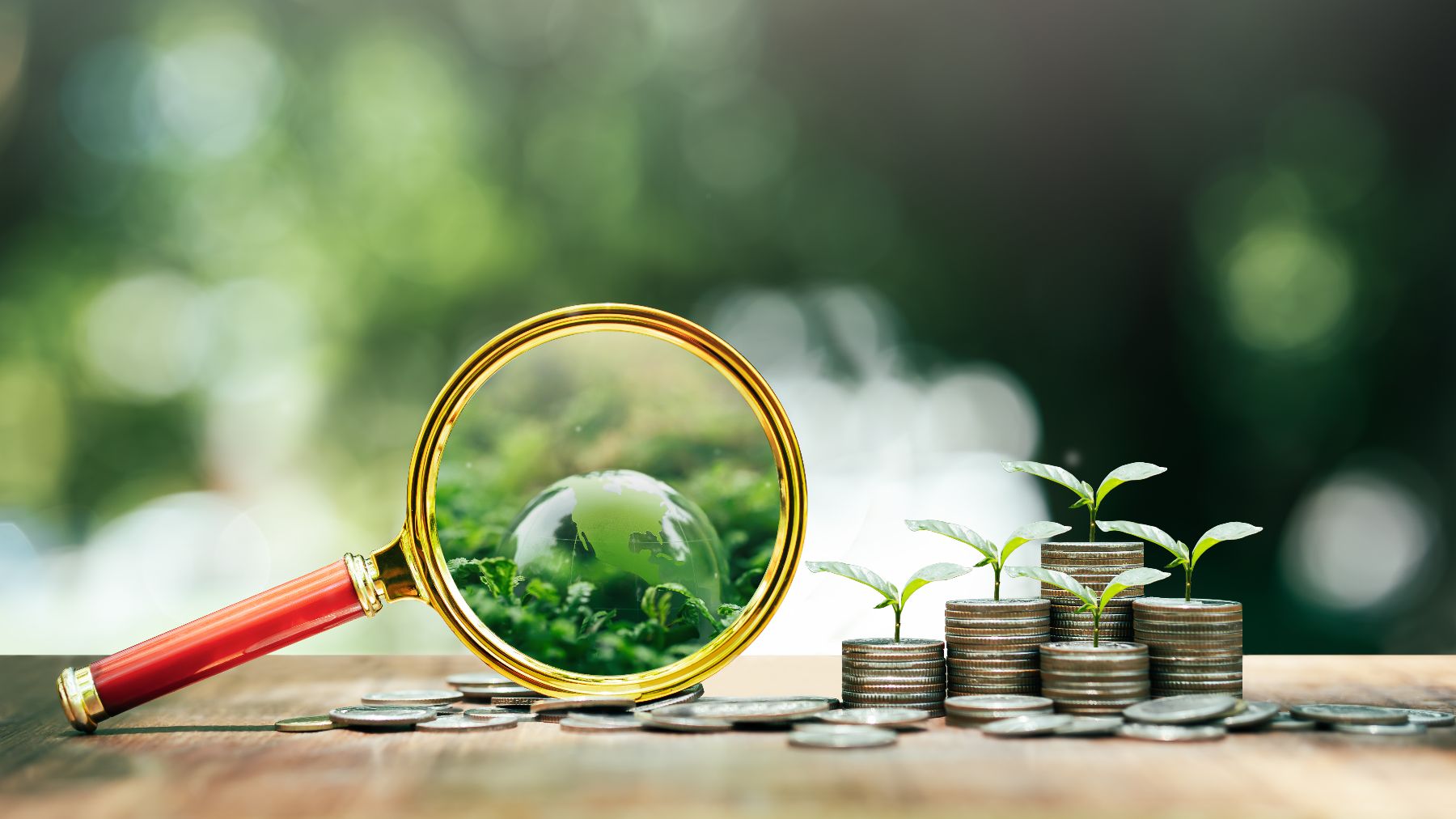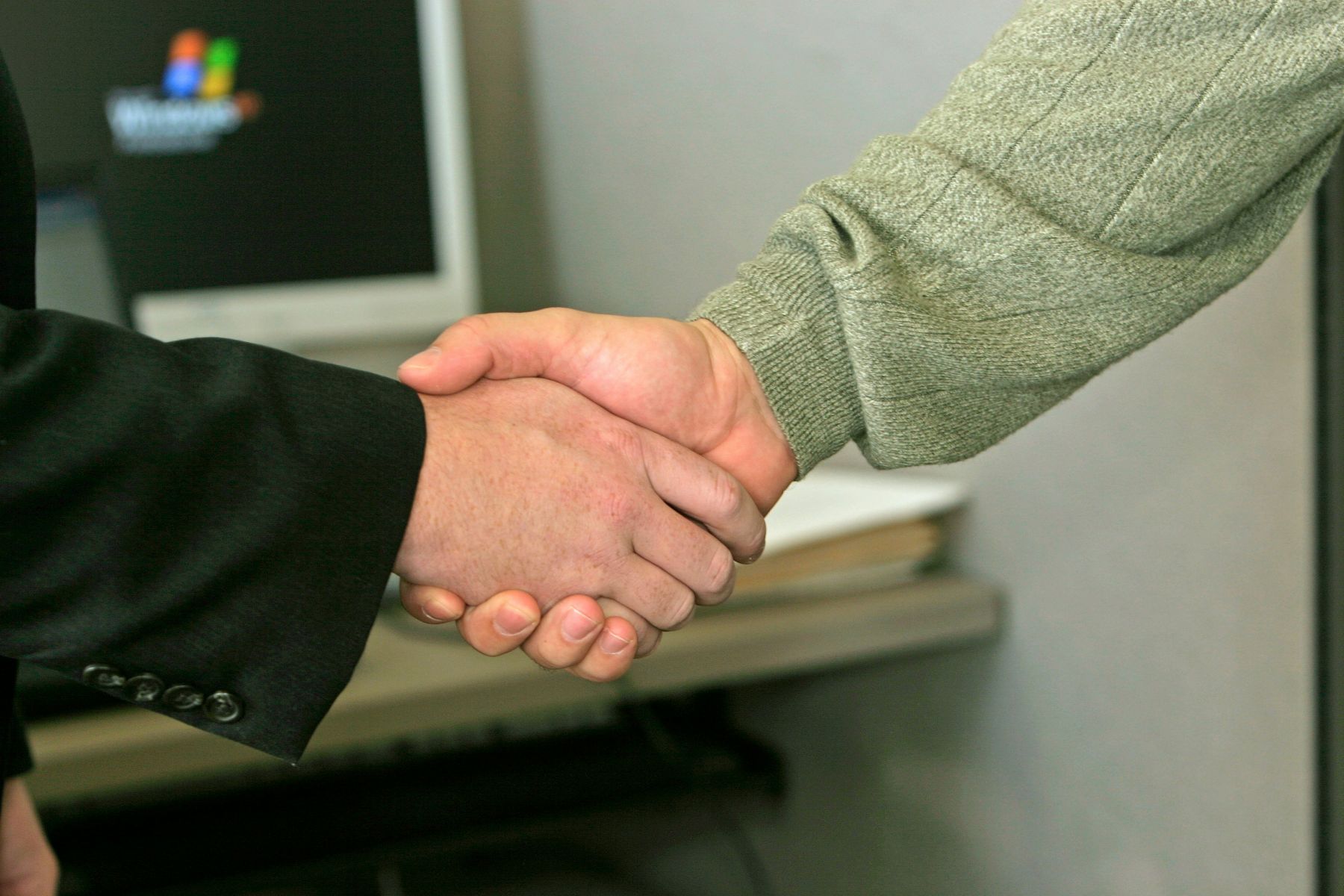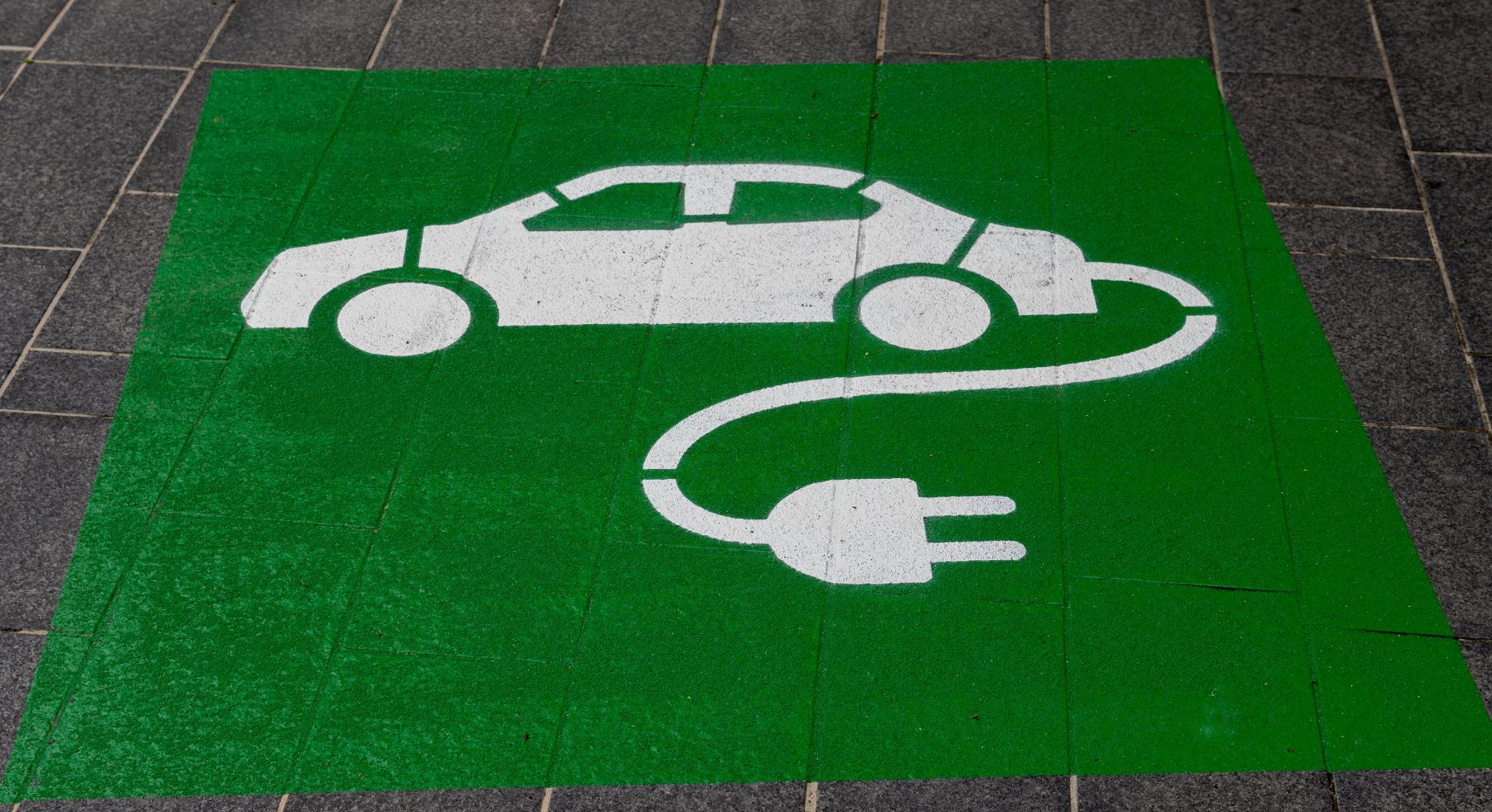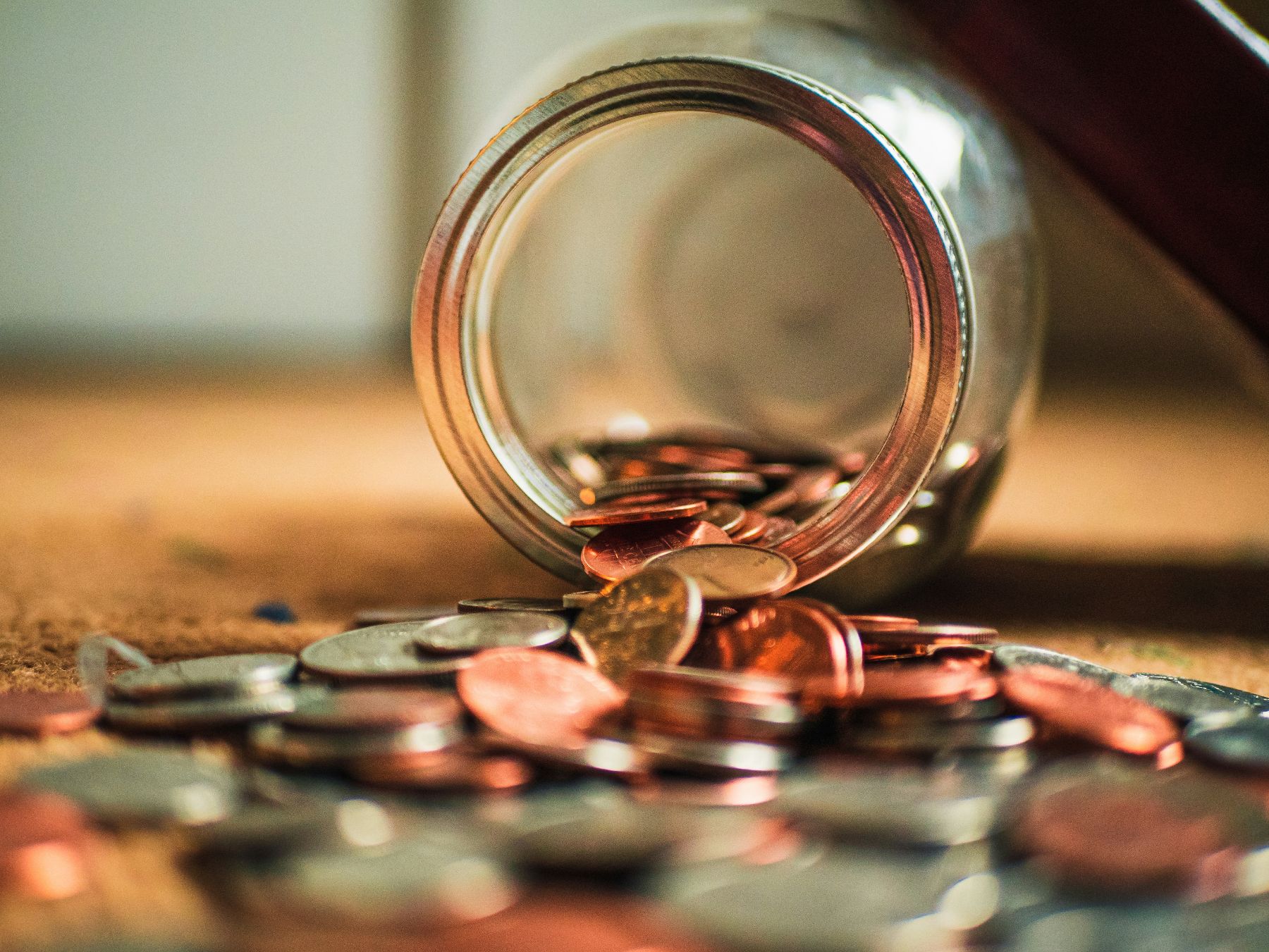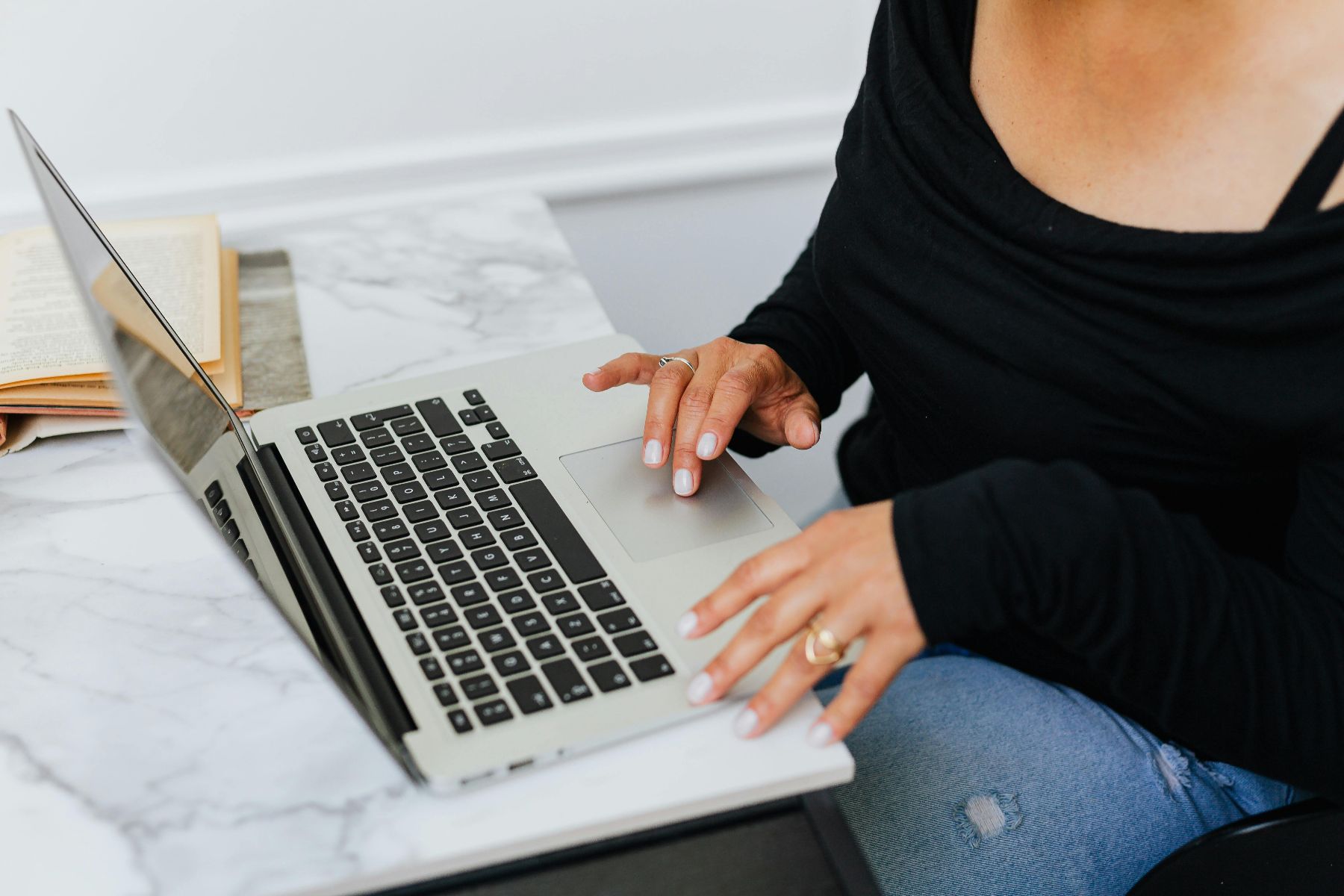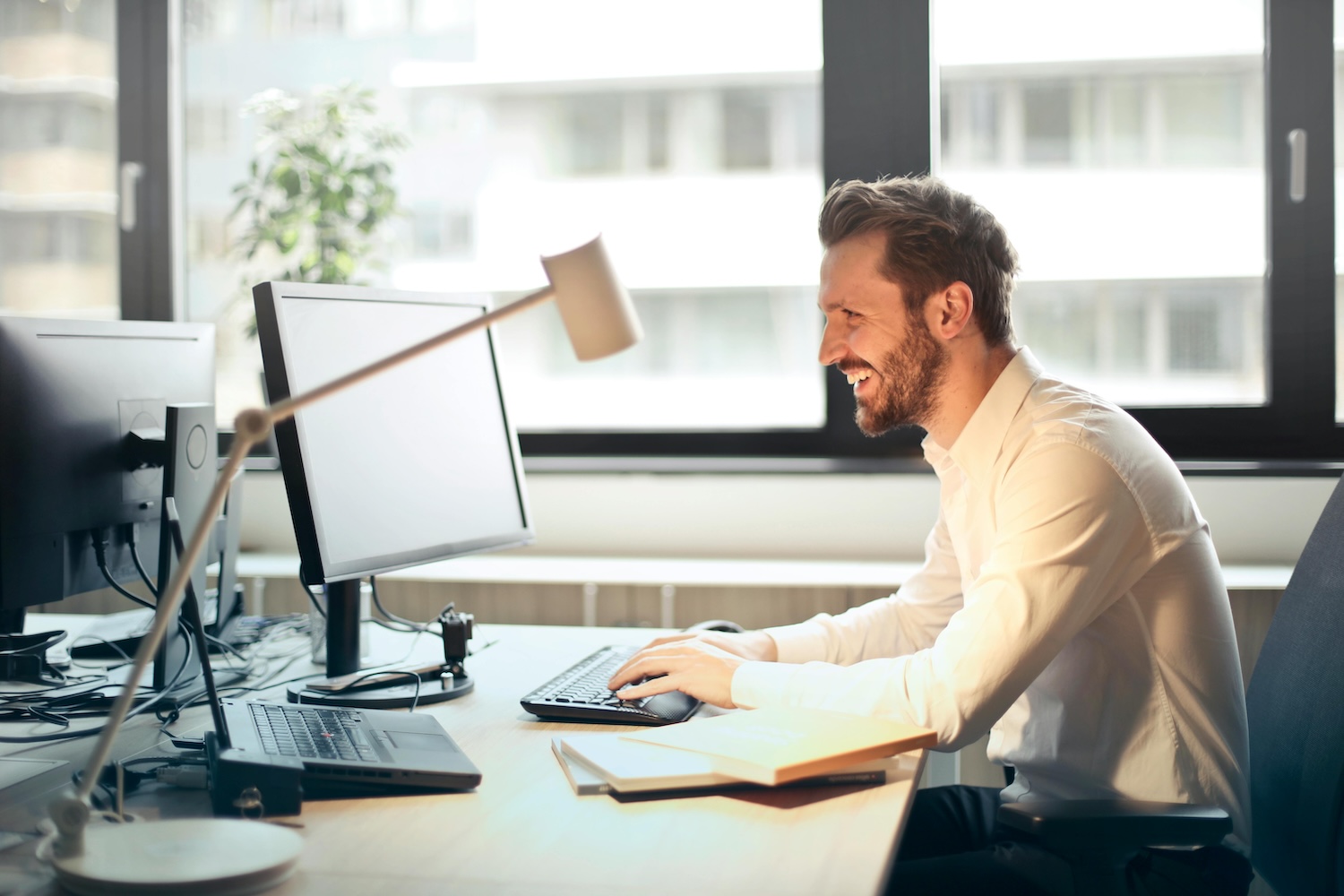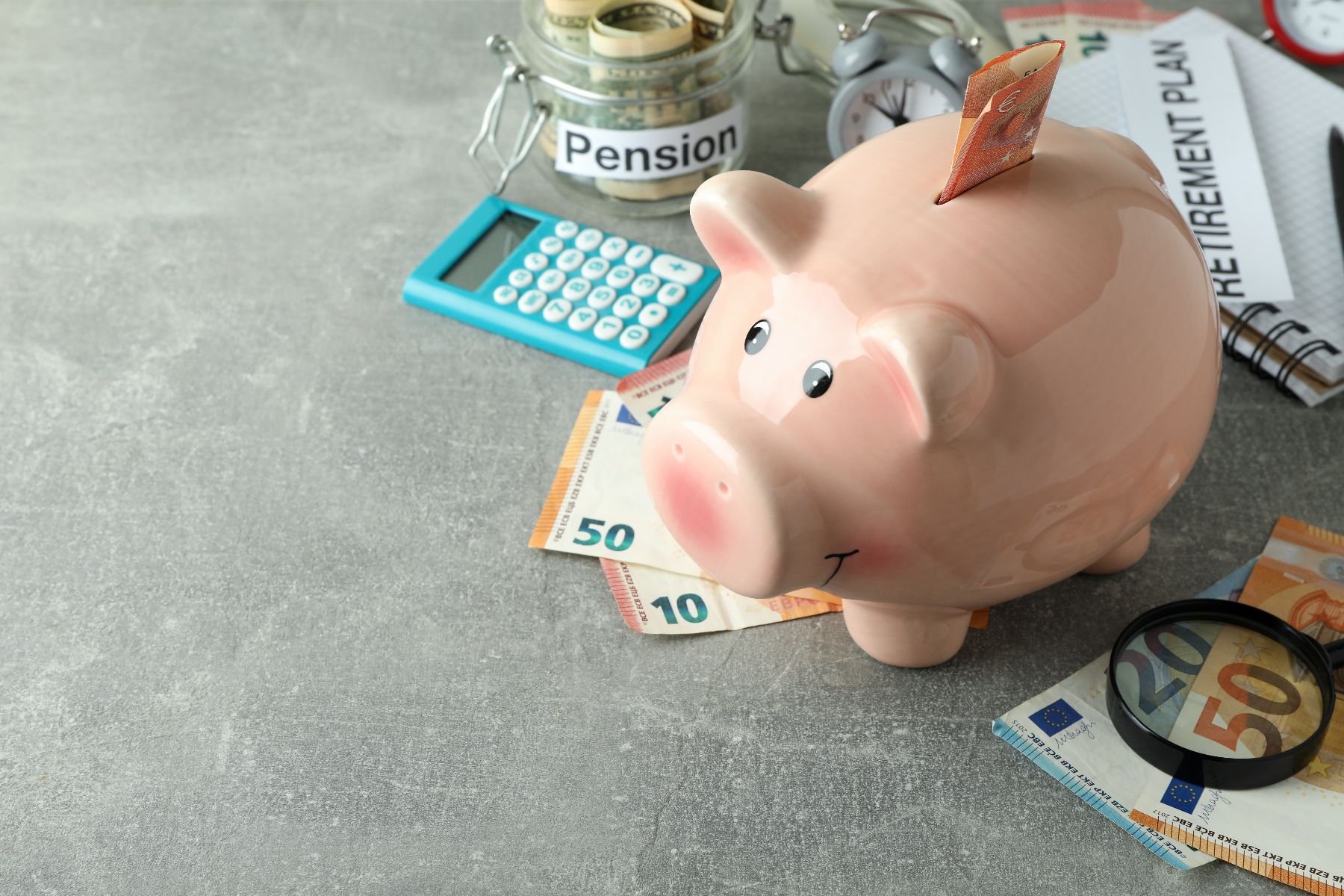Sustainability and the use of second hand goods are “hot topics” today! Not only can second hand goods save significantly in your budget, but they also contribute to a circular economy. In this article, we will discuss some key points to consider when you are thinking about purchasing second hand items for your business. Want to learn more about the accounting and tax aspects of second hand goods? Then read on quickly!
1. No VAT recovery on second hand purchases from private individuals
Are you buying a second hand product from a private individual? Then keep in mind that no VAT is charged. This also means that you cannot reclaim the VAT paid. It may seem like a disadvantage, but the lower purchase price often compensates for this.
2. Document your second hand purchase
Even though you don’t receive an official invoice for second hand purchases from private individuals, you can still include these transactions in your accounts. You then include them as professional expenses.
Of course, you have to do this correctly. So it is important that you prepare a receipt that includes all kinds of essential details such as the names of buyer and seller, a description of the goods, the price, and the purchase date. Also be sure to have this receipt signed by the seller!
Are you curious about even more smart deductible professional expenses? Then be sure to read this article!
3. A bank statement is not enough proof
A bank statement alone is not enough as proof for your accounts. This is because it does not contain details about the goods purchased. Therefore, always provide a detailed proof of purchase (as described above) that confirms the business nature of the purchase.
4. Depreciation of second hand investments
Second hand investments, like new ones, must be depreciated. Depreciation periods can be adjusted based on the expected remaining useful life of the item. Estimate the expected useful life of the equipment, such as a car, laptop, cell phone or printer. Indeed, estimating this useful life is important to correctly record the value in your accounts.
5. Selling personal property to your company
If, as a private individual, you sell goods that you already owned before you started the company, to your own company, this can have tax advantages (for example, a car). Again, preparing proper proof of purchase is essential and apply a depreciation as it is a second-hand purchase.
6. Invoices for professional purchases before your business start date
If you have just started your business, you may add original invoices for professional purchases up to 3 months before your start date and you can still recover the VAT.
In other words, this means that you may pay for these goods personally, but they are deemed to be the property of the company. So you do not have to sell them later as second hand goods to your company. So this also means that you do not have to charge your company a lower (second-hand) value for these goods.
Conclusion
Buying second hand goods for your business can be a wise choice, both financially and environmentally. By following proper procedures for documentation of your purchases and depreciation, you can ensure proper accounting. In addition, selling personal goods to your business and making smart use of VAT offers additional tax advantages for new business owners.
These tips will help you get the most out of your second-hand purchases and contribute to a more sustainable business!
Want to learn more about how to incorporate second hand goods into your business or have other questions? Contact us and we’ll connect you with a partner accountant.
